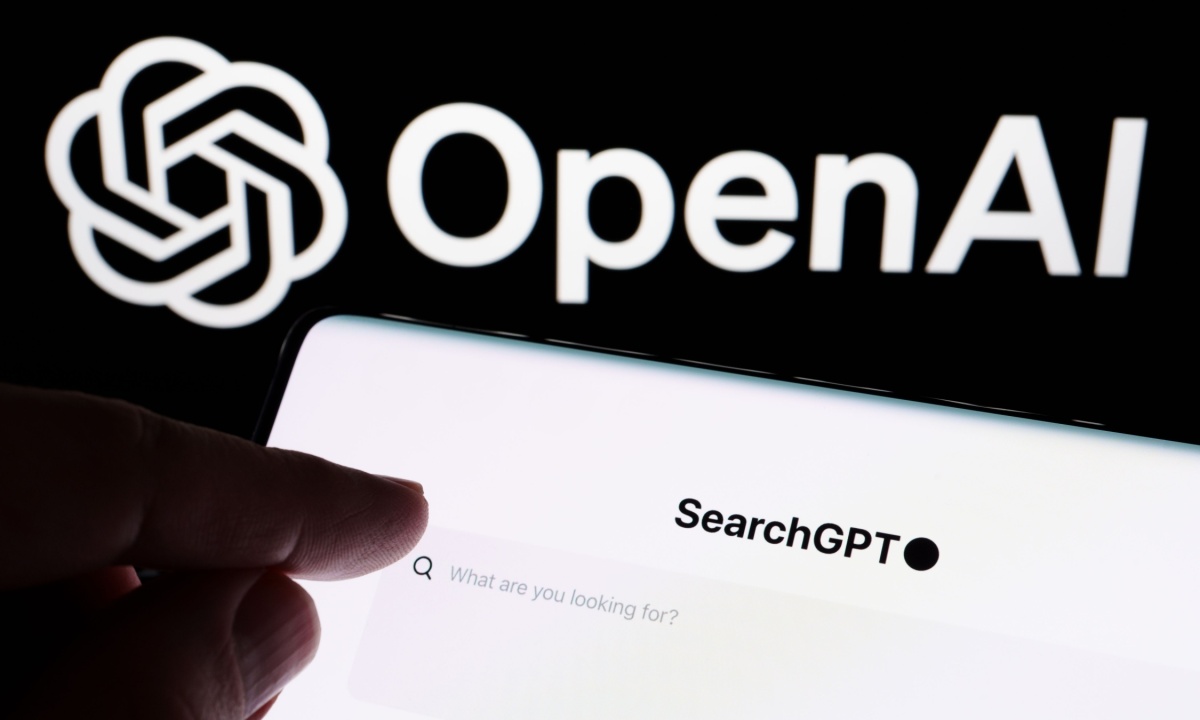Entertainment
How AI is revolutionising entertainment: film, music, & more

Today, it’s hard not to know someone who’s passionate about technology or entertainment. You might even be one of those people yourself. Whether you’re into tech, entertainment, or both, there is no doubt that AI has had an influence on you in one way or another. From the music we listen to, to the movies we watch, AI plays a part in everything and is making changes that once would have seemed like science fiction.
AI in film production
Remember when artificial intelligence was just a futuristic concept in movies like The Terminator, The Matrix, and Star Wars? Things have changed, and now AI plays a role behind the scenes in creating the films we love. AI helps with screenwriting by aiding in character and plot development, enhances visual effects by making stunning scenes possible that might have been too costly or complex otherwise, and speeds up editing by suggesting cuts and transitions.
For movie enthusiasts, there’s no need to worry about AI taking over the industry. It acts as a clever assistant, supporting filmmakers in bringing their creative visions to life while human creativity remains at the core of filmmaking.
AI in music
We’re all familiar with the hit songs that dominate our playlists, but can computers play a role in writing and composing music? It turns out, they already do. AI-generated melodies are often used as a starting point for popular tracks, and streaming services like Amazon Prime and Spotify utilise AI to curate personalised playlists that match your mood.
AI tools also assist with music production tasks such as mixing, mastering, and creating backing tracks. While some artists are concerned about losing the human element in music, others have embraced this technology. The debate continues about whether AI-assisted music can truly be considered “real” music.
AI virtual influencers
Human influencers might need to make room, as virtual stars like Lu do Magalu and Lil Miquela are now dominating social media, with more set to follow. These AI-powered personalities don’t age, can be in multiple places at once, and have idealized lives crafted by their creators. Yet, their rise prompts questions about the future of celebrity culture and authenticity. Are we ready for a world where our idols are entirely digital creations?
AI in gaming
If you’re into gaming or know someone who is, you’ve probably noticed how artificial intelligence is enhancing the gaming experience. AI now allows for real-time adjustments to game difficulty, so you stay challenged without getting frustrated. It enables the creation of unique, endless worlds with just a click through procedural generation.
Additionally, AI has improved non-player characters (NPCs), making them smarter and more adaptable to your play style. Games have become more enjoyable, challenging, and immersive, almost as if there’s a super-intelligent game master working around the clock to keep us entertained.
AI and streaming
Have you ever noticed how streaming services like Amazon Prime, Hulu, and Netflix always seem to know exactly what you’d like to watch next? The secret behind this is artificial intelligence.
AI helps streaming platforms in several ways. It ensures high video quality even when your internet connection is slow. It also creates personalized thumbnails by generating different images from the same content, each designed to capture your interest. Additionally, AI provides tailored content recommendations by analysing your viewing habits.
While AI-driven recommendations can help you discover new favorites, some viewers worry that these suggestions create “filter bubbles,” where you’re only shown content similar to what you’ve already seen. How do you feel about AI shaping your entertainment choices?
Ethical questions surrounding AI in creative arts
Artificial intelligence is increasingly becoming a part of how entertainment is created, but its presence raises several important ethical questions. One major concern is whether AI can maintain diversity in art or if it will lead to a homogenization of creative work. There’s also the issue of whether AI could potentially replace human creators, affecting jobs in the industry. Another question is whether AI is simply remixing existing ideas rather than creating something truly original. Additionally, the ownership of content generated by AI is still up for debate.
Finding answers to these questions isn’t straightforward, but it’s crucial as we navigate the intersection of traditional creative processes and new technological advancements.
What’s next for the future of AI in entertainment?
Throughout this article, we’ve explored various aspects of AI’s role in entertainment, from virtual pop stars to AI-driven scriptwriting. It’s evident that AI has moved beyond science fiction and has become a significant part of how entertainment is created and enjoyed.
Looking ahead, it’s clear that entertainment will remain an integral part of our lives, and AI will continue to play a major role. For those concerned about AI taking over completely, there’s no need to worry. Human creativity is not going anywhere; instead, we are likely to see a new era where machine intelligence and human creativity work together.
This collaboration promises to produce some incredible results. What are your thoughts on AI’s involvement in entertainment? Do you have any concerns, or are you excited about the opportunities it presents? Remember, in this evolving world of AI-powered entertainment, we’re not just spectators—we’re part of the show!









